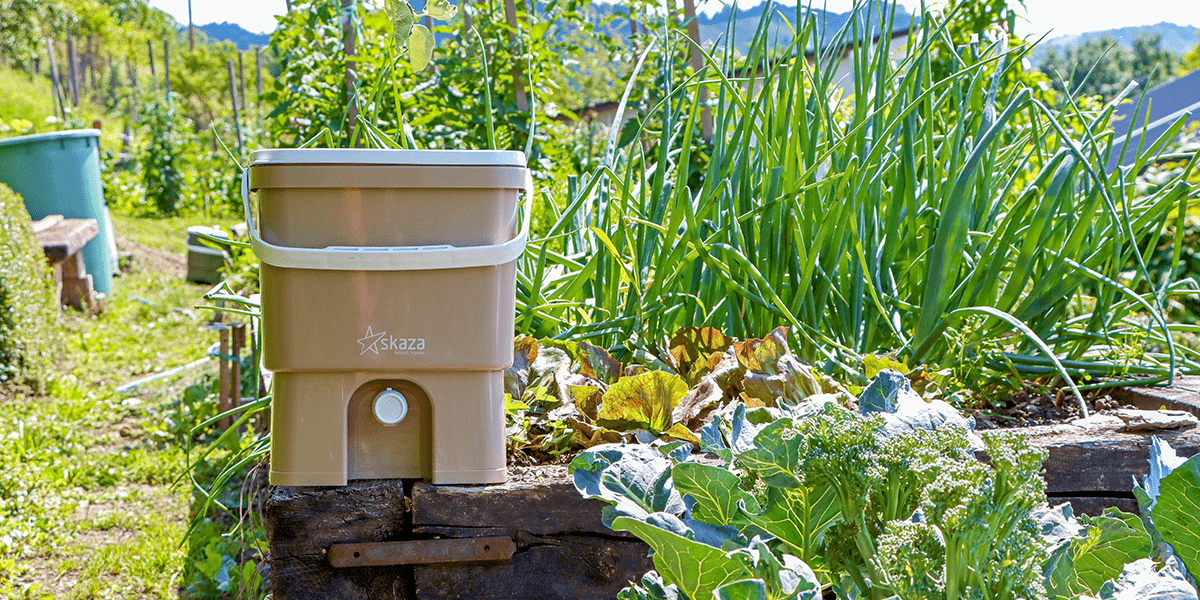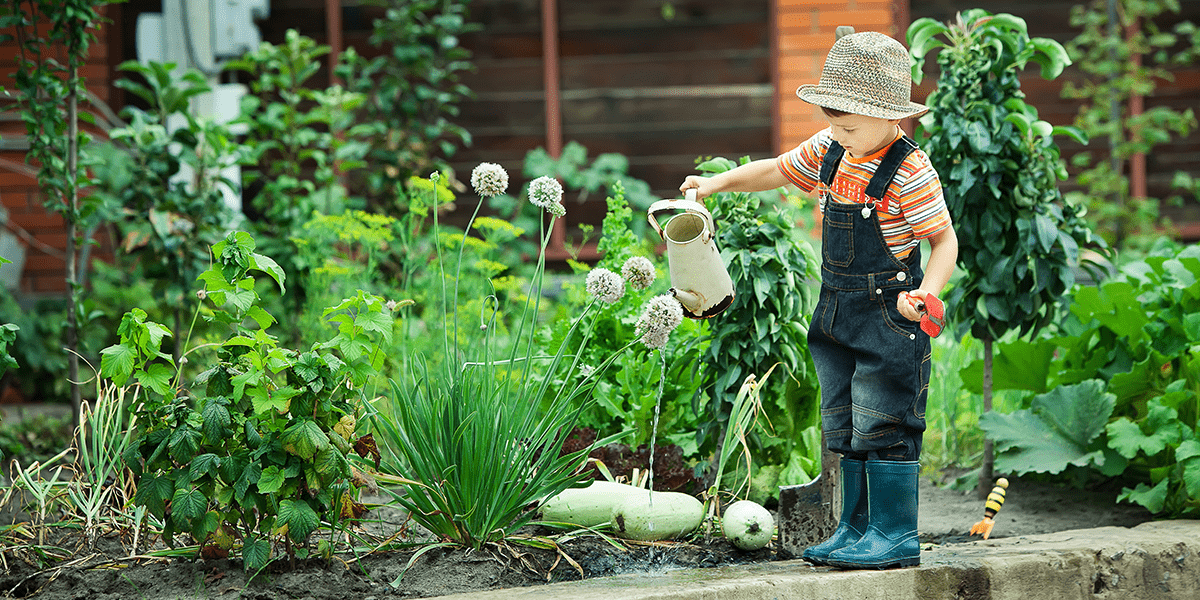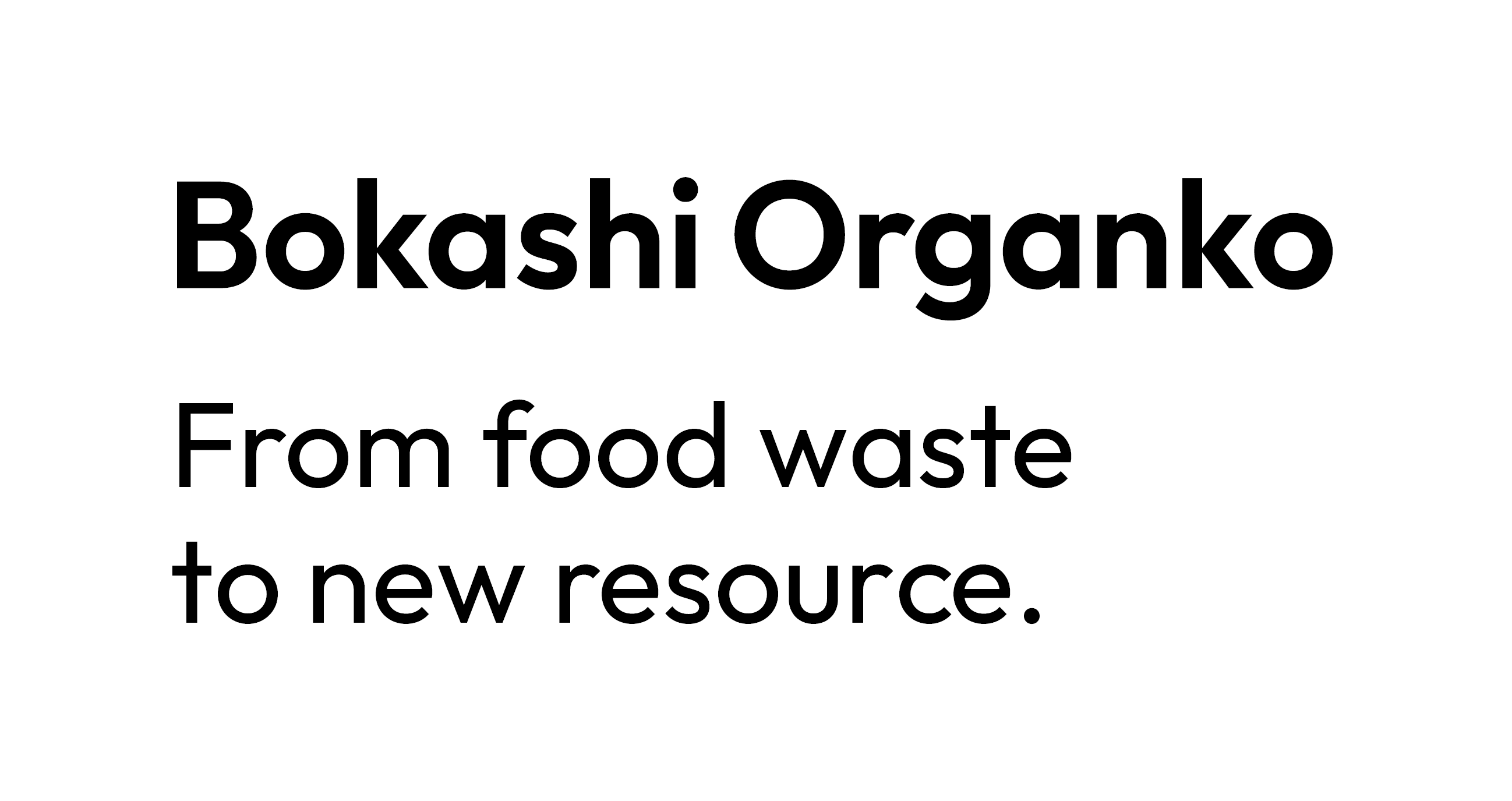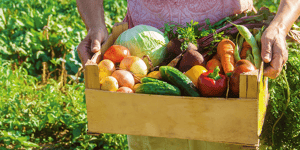Looking at the ever-rising indicators of pollution on a global scale can be very discouraging and often makes us numb when it comes to taking our part in solving the problem. This is why presenting positive stories is very important for the broader perception that things are not so bad. To paint the situation a little brighter, we present you with an inspiring story about food waste reduction in South Korea.
Since 1995 the food waste recycling rate in the city of Beondong, just north of Seoul, increased from 2.1% to an astonishing 90.2% in 2016. Is such food waste reduction in such a short period of time even possible? You better believe it! The innovative Koreans are a great example that everything is possible if we put our minds to it.
Food waste reduction as a way of meeting emissions targets
We know that bio-waste is one of the chief contributors to gas emissions everywhere, especially in developed countries where we throw ways an astonishing volume of leftovers. Therefore, successful food waste reduction can significantly help us meet the emissions targets laid down in the Paris climate agreement.
It seems like Koreans took those goals very seriously and are leading the way in effective food waste reduction. In August of 2018, they initiated an eco-friendly urban farm using an empty garden space in the middle of the apartment complex. The farmers are supplied with nutritious soil provided by local authorities who collect bio-waste from numerous households and efficiently turn it into fertilizing compost.

How does urban framing work?
As food waste accumulates in individual households, Beondong residents throw it into the processing machines provided by their local government (similar to community composting). Combined with biochemicals that stimulate the fermentation process, it takes an entire month for the food waste to lose its original shape and moisture. The final result is fertilizing compost that can be used in agriculture.
In the next step, this bio-mass is taken to the urban garden, situated within the residential complex in Beondong, which was selected to participate in the food waste reduction campaign's test run. Furthermore, over 30 residents who applied for this program also received lessons in agriculture and environmentally friendly farming methods with organic waste compost. The urban farmers are very pleased with the outcome and never forget to emphasize how much tastier and fresher the crops are since they are grown with the help of bio-waste compost.

It's a nationwide effort
The project proved to be very successful and was soon expanded into other neighborhoods. However, urban farming is just one part of a nationwide effort for food waste reduction in South Korea. In 2013, the country's government made it mandatory to throw away food waste in purchased biodegradable bags to curb food waste overall.
In the beginning, residents could throw away an unlimited amount of waste for a fixed fee. Now, each household must buy 9-cent-per-liter bags at a local supermarket, dispose of their waste in designated trash spots and pay by volume. This means saving money by reducing the amount of liquid in their food waste.
Apparently, it works. These examples from South Korea can teach a lot about how significant the contribution of every individual is. You, too, can take part in this trend of food waste reduction. Don't worry if your local authorities don't provide fermentation machines and common gardens. You can do it yourself by getting a convenient indoor composter bin like our very own Bokashi Organko. It comes in various sizes and is even suitable for smaller apartments. You can later use the fermentation mass to fertilize your own garden or pots on your balcony.
Remember, all significant accomplishments are made from numerous small contributions. It's time to make yours.


